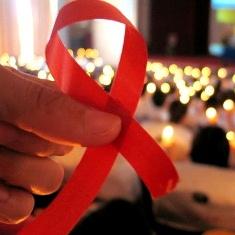WHO: new HIV recommendations calling for earlier treatment
Earlier, safer and simpler antiretroviral therapy can push the HIV epidemic into irreversible decline declares WHO. Article questions whether the recommendations are evidence based.
Main content
New HIV treatment guidelines by WHO recommend offering antiretroviral therapy (ART) earlier. Recent evidence indicates that earlier ART will help people with HIV to live longer, healthier lives, and substantially reduce the risk of transmitting HIV to others. The move could avert an additional 3 million deaths and prevent 3.5 million more new HIV infections between now and 2025.
The new recommendations are presented in WHO's "Consolidated guidelines on the use of antiretroviral drugs for treating and preventing HIV infection", as new data reveal a total of 9.7 million people were taking these lifesaving drugs at the end of 2012.
Evidence based recommendations?
Researchers Philippe Van de Perre and Thorkild Tylleskär with colleagues argue that the recommendations might have gone ahead of the evidence and call for a more cautious approach.
Most public health authorities use recommendations formulated by United Nations agencies when they renew or update national public health guidelines. UN recommendations thus affect the lives of millions of people worldwide and should be based on robust scientific evidence, but that is not always the case, they write in their recently published analysis How evidence based are public health policies for prevention of mother to child transmission of HIV? (BMJ).
Read more about the HIV recommendations at the WHO website.
